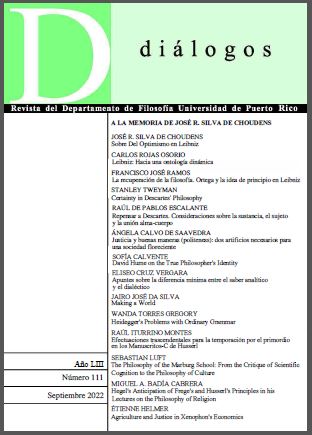Abstract
Hegel may reasonably be conceived as the founder of contemporary philosophy of religion because he has influenced important twentieth-century thinkers by providing them with a new approach to the study of the religious life of humankind. In this paper, I will argue that in his Lectures on the Philosophy of Religion Hegel also prefigures key insights that are connected with Gottlob Frege, the founder of analytic philosophy, and Edmund Husserl, the founder of phenomenology. In the Introduction to the 1824 Lectures, Hegel, in distinguishing two meanings of the expression “God,” comes close to formulate Frege’s notable semantic distinction of the sense (Sinn) and the reference (Bedeutung) of linguistic expressions. In the same text, when discussing the approach taken by the philosophy of religion in order to gain knowledge of the essence (Wesen) of God, he also anticipates main aspects of Husserl’s phenomenological attitude and method for the apprehension of the essences (Wesensschau) of the objects that are given to consciousness. In contemporary philosophy, the “silent” influence of Hegel is noticeable in Paul Tillich’s phenomenological approach to religion.

This work is licensed under a Creative Commons Attribution-NonCommercial 4.0 International License.

